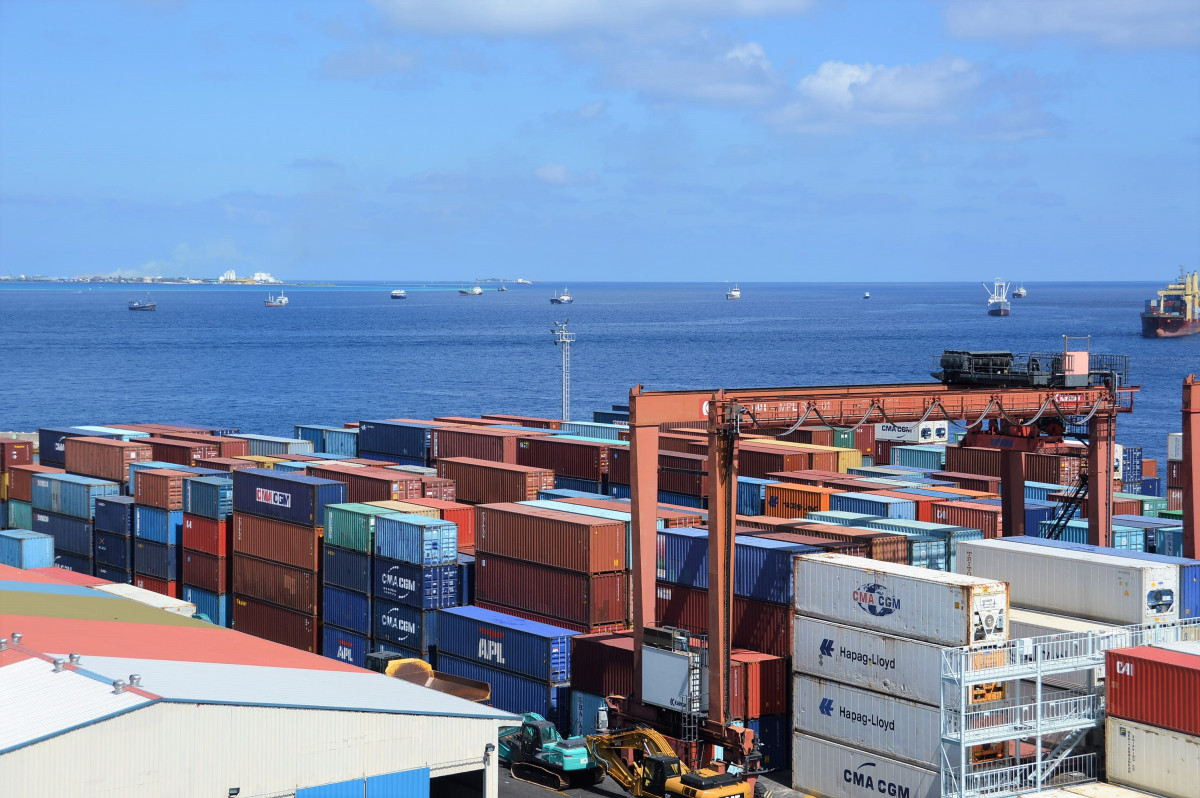
India Expands Essential Goods Export Quotas to Maldive
India has announced a significant increase in export quotas for essential goods to the Maldives, marking the largest expansion since the trade agreement between the two nations began in 1989. This move, part of India’s "neighbourhood first" policy, highlights the country’s ongoing commitment to strengthening regional cooperation and supporting its closest ally.
On Tuesday, the Indian Directorate General of Foreign Trade (DGFT) issued a notification outlining new provisions for critical goods to be exported during the 2025–26 fiscal year. The expanded quotas cover commodities including eggs, potatoes, onions, rice, wheat flour, sugar, dal, stone aggregate, and river sand, all of which will be exempt from any current or future export restrictions.
Notable increases in export volumes include a 5% rise for onions, eggs, potatoes, sugar, rice, and flour, while dal exports saw an impressive 56% boost. Additionally, quotas for stone aggregate and river sand were raised by 30%. Specific quantities have been allocated, including millions of eggs and thousands of tonnes of essential items like rice, potatoes, and sugar.
Despite broader export bans from India on certain goods, the Maldives benefits from special exemptions, ensuring a steady supply of vital resources. This arrangement underscores the importance of the trade agreement in supporting human development and meeting the Maldives' needs.